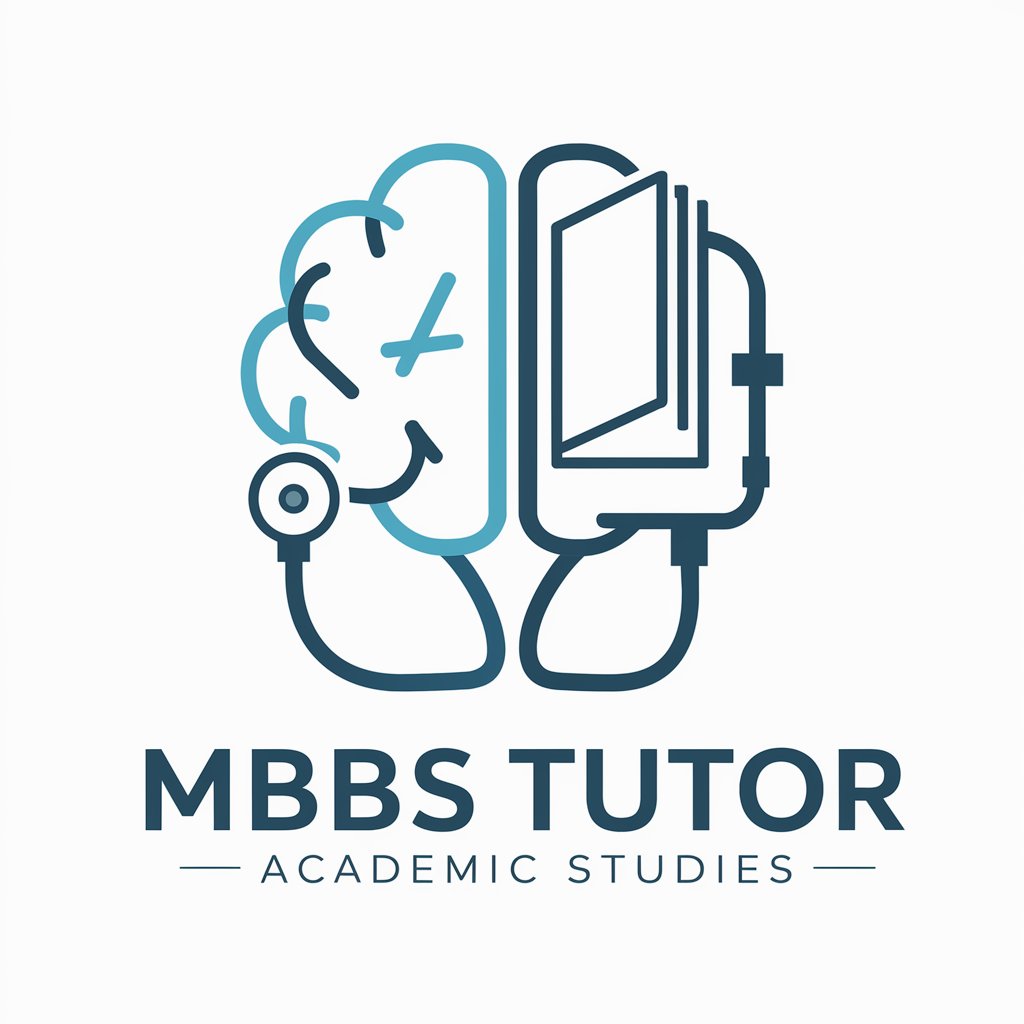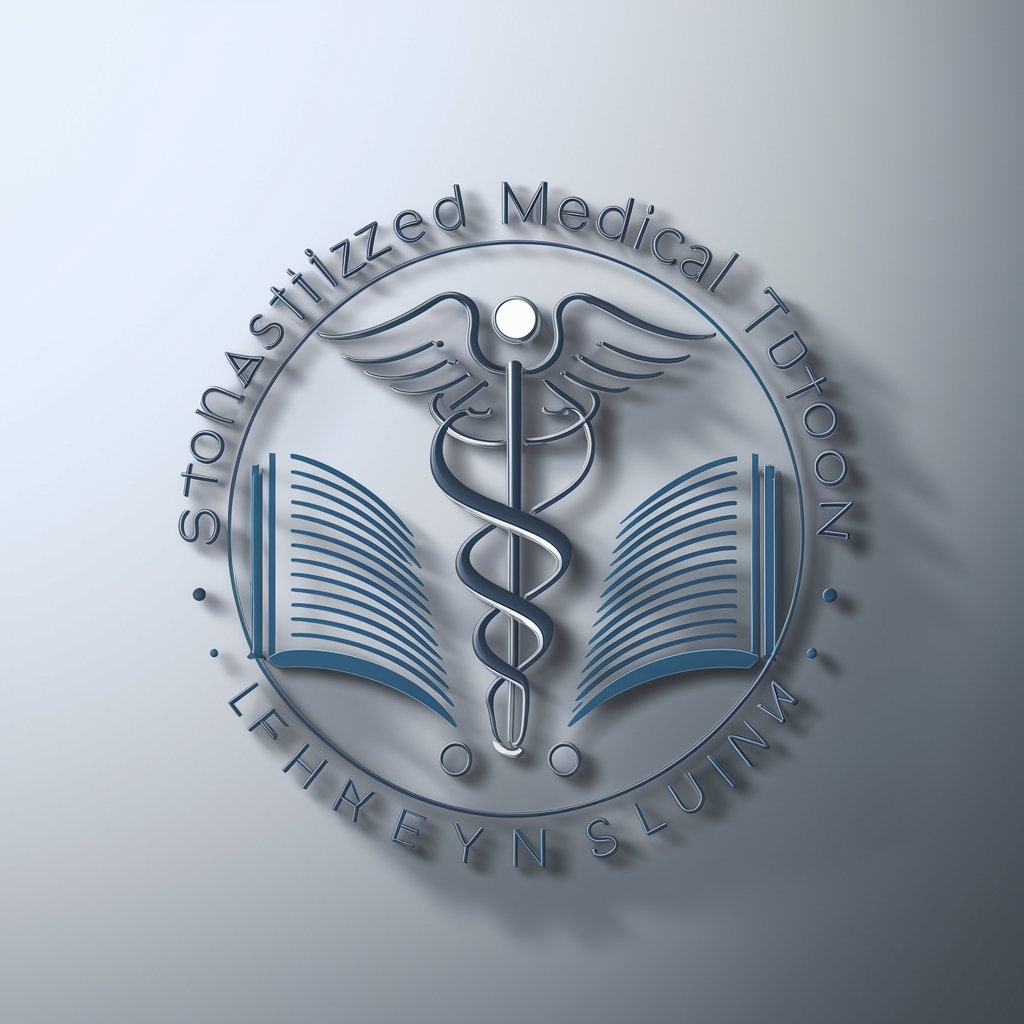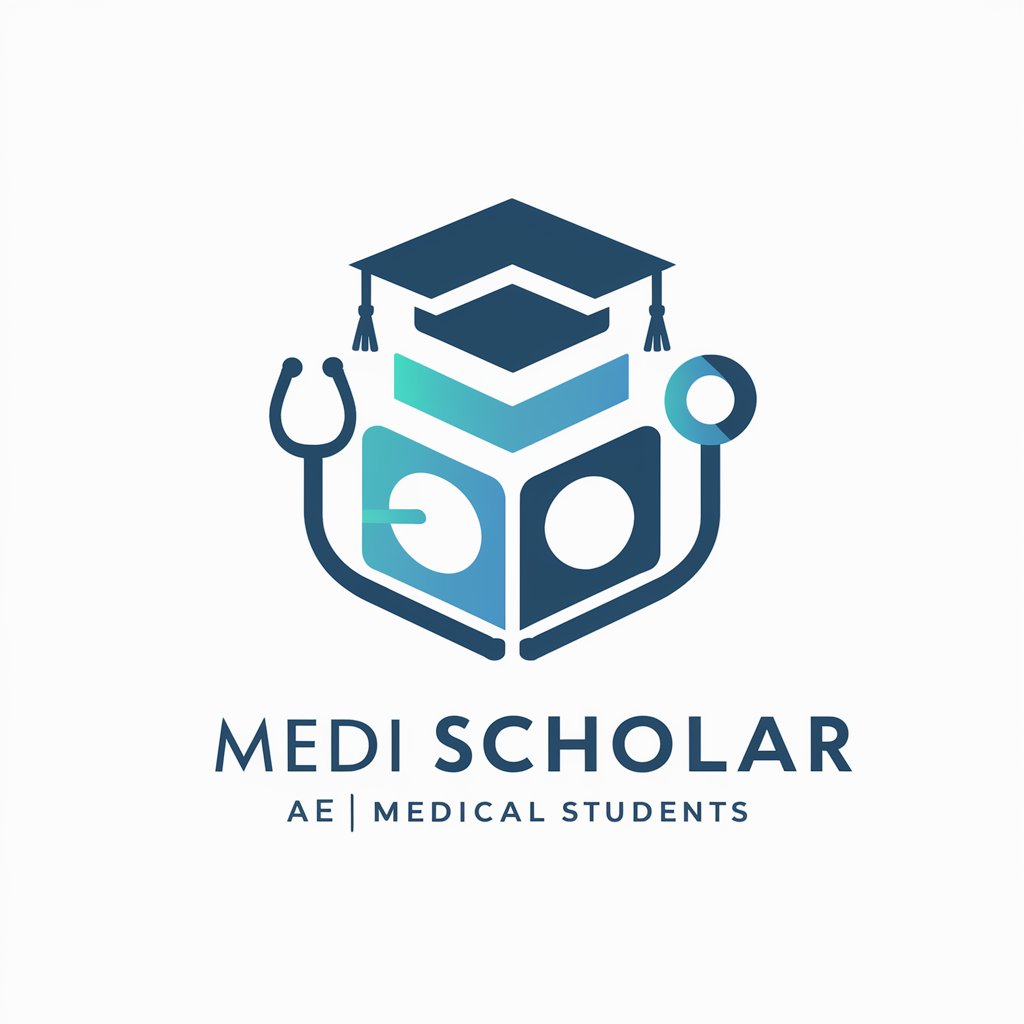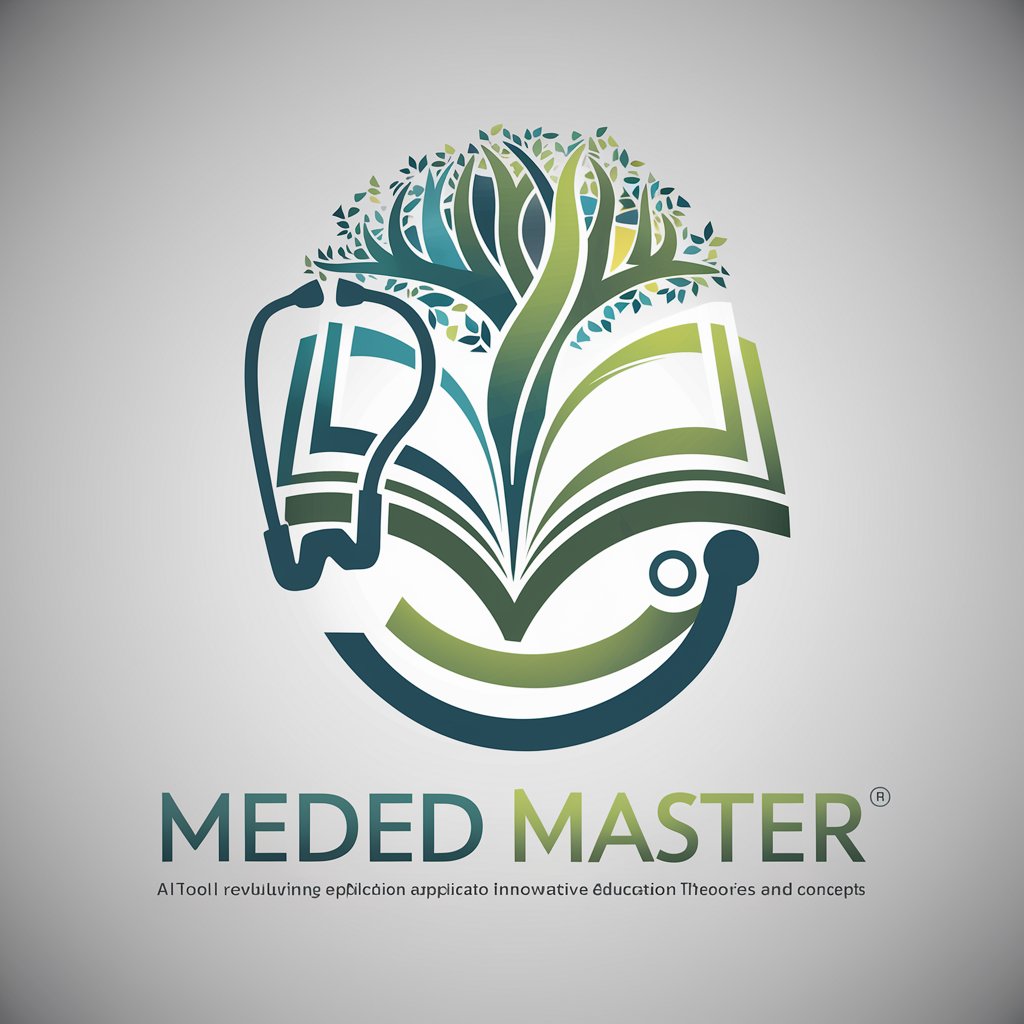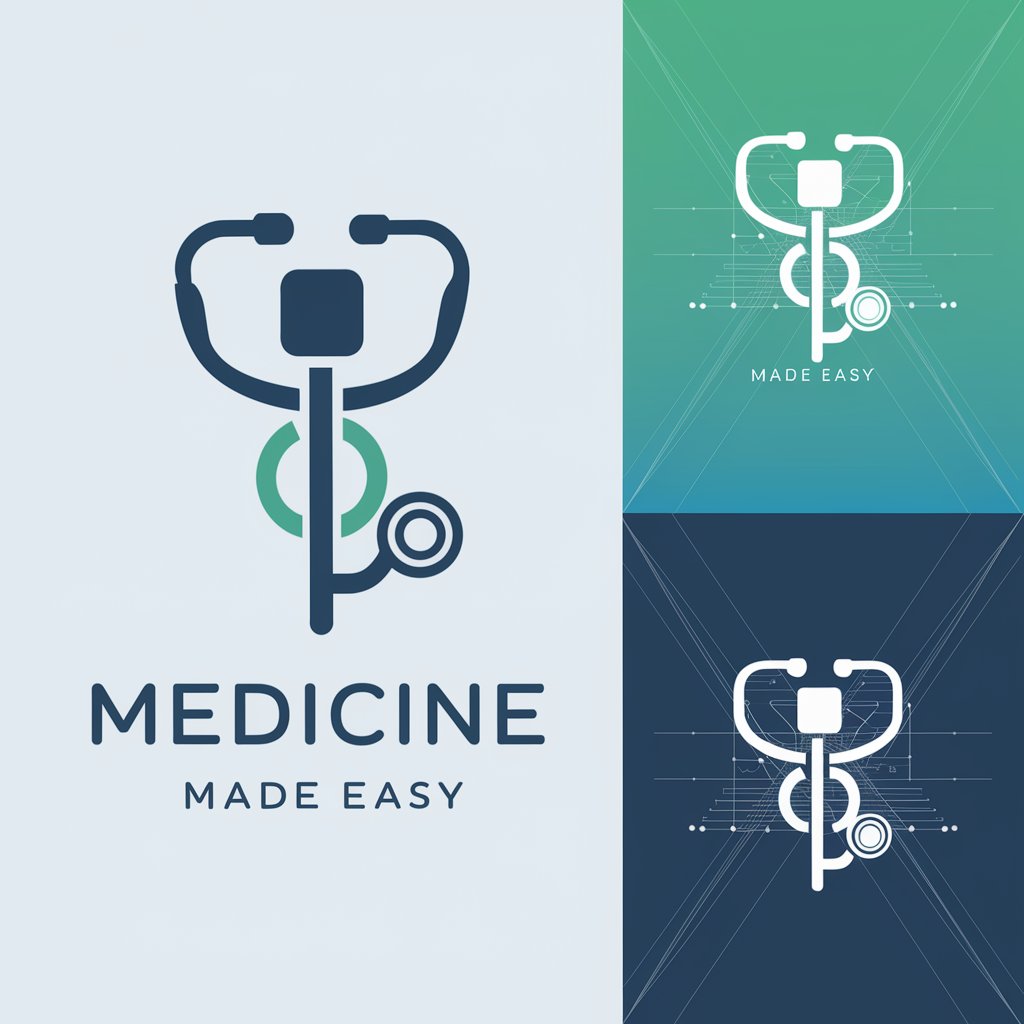
Bachelor of Medicine and Bachelor of Surgery - Medical Learning Companion
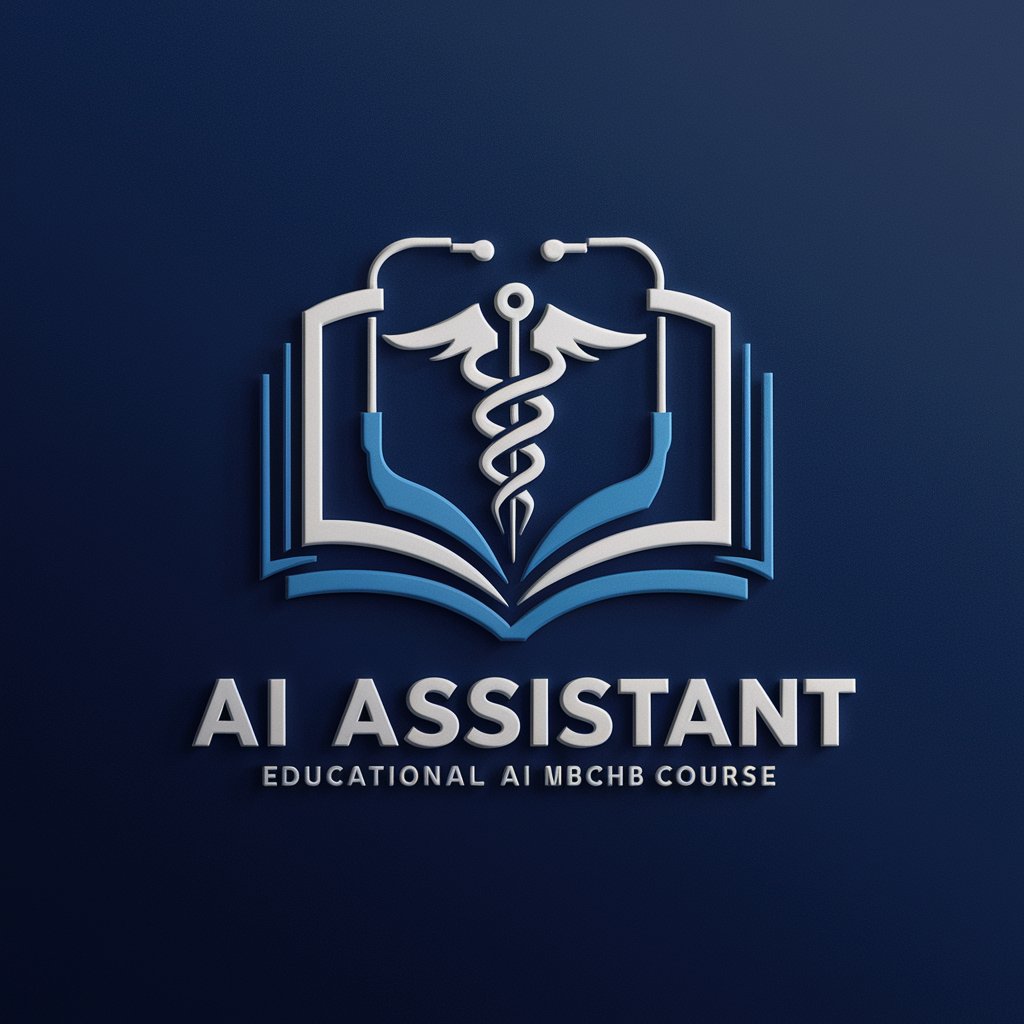
Hello! Ready to explore the world of medicine together?
AI-driven medical learning and support.
Explain the pathophysiology of malaria in detail.
Describe the anatomical features of the human heart.
What are the clinical presentations of diabetes mellitus?
Provide a study strategy for mastering pharmacology.
Get Embed Code
Overview of Bachelor of Medicine and Bachelor of Surgery
The Bachelor of Medicine and Bachelor of Surgery (MBBS or MBChB) is a professional degree in medical science. It prepares students to enter the medical profession as general practitioners or surgeons, and serves as the foundational training for doctors. The course typically covers basic sciences like anatomy, physiology, and biochemistry in the early years, transitioning to clinical subjects such as internal medicine, surgery, pediatrics, and obstetrics in later years. For example, in a Kenyan medical school, students may engage in dissection labs to deeply understand human anatomy or participate in community health rotations to apply their knowledge in diagnosing and managing common diseases like malaria or hypertension. Powered by ChatGPT-4o。

Main Functions of the MBChB Curriculum
Foundational Medical Knowledge
Example
Lectures on human physiology, anatomy.
Scenario
A first-year MBChB student at a Kenyan university attends a series of lectures and practical sessions on the cardiovascular system, learning how heart diseases affect this system and how to detect and evaluate related symptoms.
Clinical Skills Development
Example
Practical sessions in clinical settings.
Scenario
In their third year, medical students begin rotations in various hospital departments. During a rotation in internal medicine, they learn to take patient histories, conduct physical examinations, and propose initial diagnostics under the supervision of experienced physicians.
Community Health Engagement
Example
Participation in community outreach programs.
Scenario
Students might participate in a public health campaign, where they apply their medical training to educate communities in rural Kenya on preventive measures against communicable diseases such as cholera and HIV/AIDS.
Research Skills Acquisition
Example
Undertaking a final year research project.
Scenario
A student might choose to study the prevalence of diabetes in an urban area of Nairobi, conducting field research and statistical analysis to propose strategies for prevention and management, contributing to both their academic growth and practical understanding of chronic disease management in Kenya.
Ideal Users of MBChB Services
Aspiring Medical Practitioners
Individuals aiming to become doctors, surgeons, or medical researchers. The MBChB provides the necessary training and qualifications to practice medicine or pursue further specialized training.
Health Policy Makers
While not direct users, policymakers can benefit from collaborations with medical schools to understand healthcare needs and resource allocation better, ensuring policies are informed by up-to-date medical training and practices.
Academic Researchers
Researchers in medical and health-related fields often engage with medical faculties or students to conduct collaborative research that can lead to improved health outcomes and innovative treatments.

How to Use the Bachelor of Medicine and Bachelor of Surgery Tool
Start Free Trial
Access yeschat.ai to initiate a free trial of the tool without the need for login or a subscription to ChatGPT Plus.
Choose Your Focus
Select the specific medical area you wish to explore or learn about, such as pathology, pharmacology, or clinical practices.
Engage with Content
Utilize the interactive Q&A format to ask detailed questions about medical conditions, treatments, or anatomy, and receive tailored, expert responses.
Apply Learning Tools
Make use of integrated learning aids like flashcards, quizzes, and case studies to reinforce your understanding and memory retention.
Review and Reflect
Regularly review your learning progress and revisit complex topics for deeper understanding and practical application.
Try other advanced and practical GPTs
CONSTITUTION OF THE ISLAMIC REPUBLIC OF PAKISTAN
Explore the foundational legal document of Pakistan.

Constitution Guardian of DR of Congo
Empowering through AI-driven constitutional insights.

Cycling Robot - Dynamic Race Analyst
Revolutionizing Cycling Analytics with AI
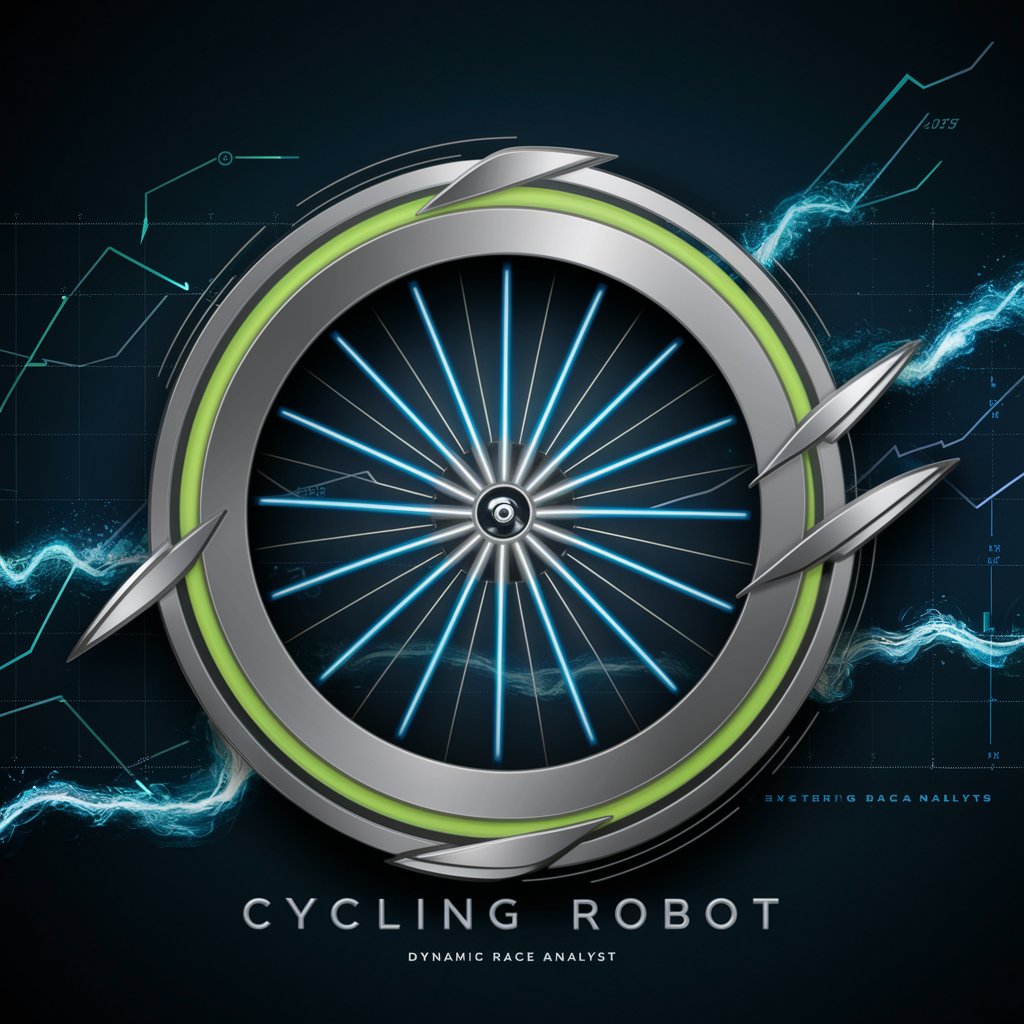
Race Predictor
Revolutionizing horse race predictions with AI.

Race Analyst
AI-powered Horse Racing Insights

Race Coach
Your AI-powered race prep coach.
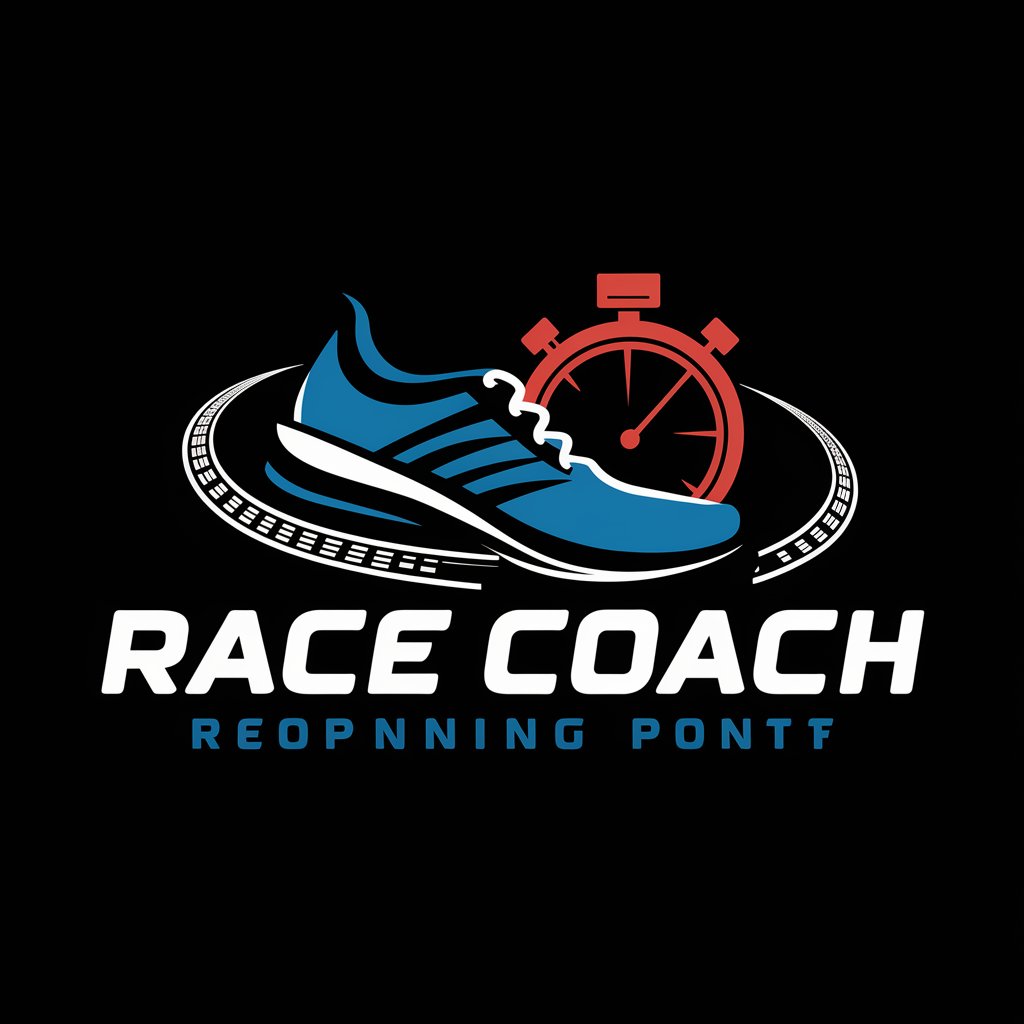
Eddie* Boardcomputer of the Heart of Gold
Empowering Efficiency with AI

Words of Wisdom
Empowering insights with AI visuals

Master of signals
Empowering signal analysis with AI
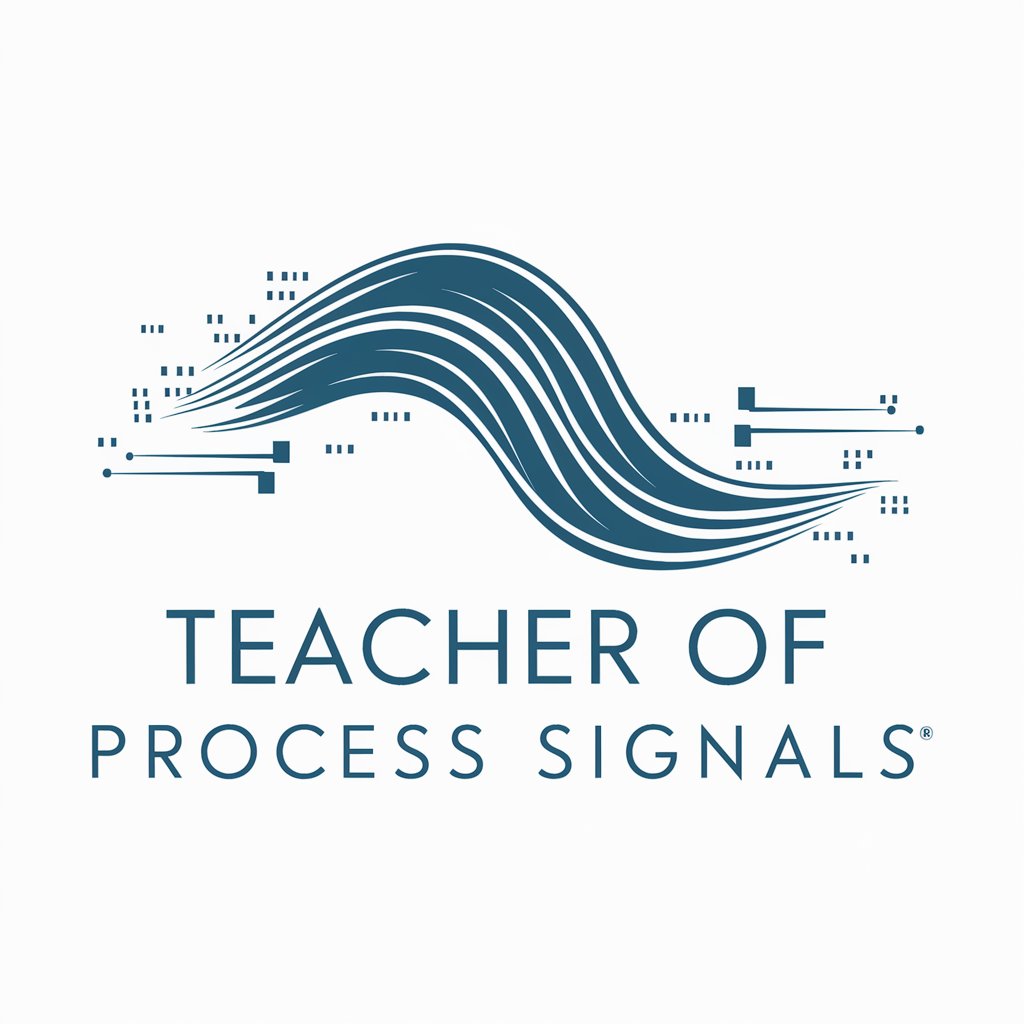
Financial Crimes Specialist
Unveil Financial Deceit with AI Power

Visionary Canvas
Transforming Imagination into Abstract Art

Mind Mentor
Empowering insights with AI conversation
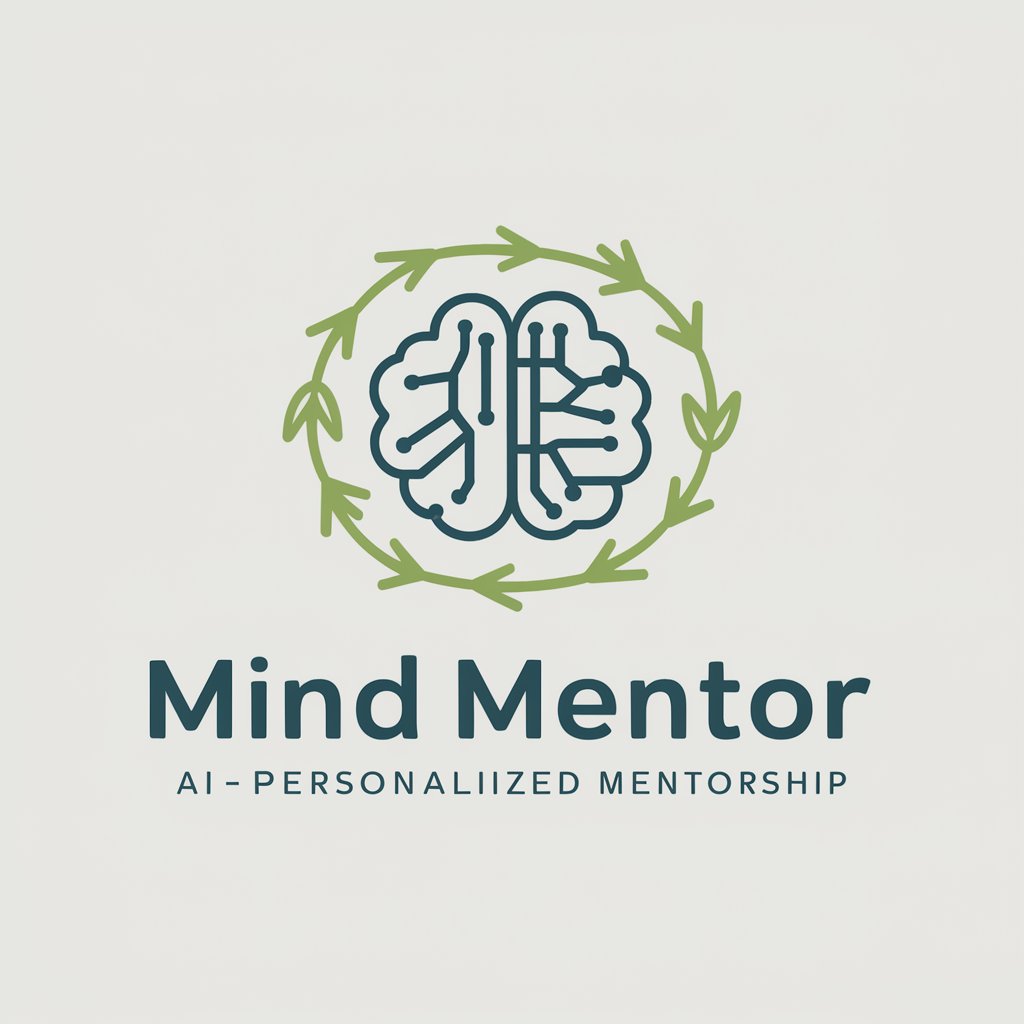
Frequently Asked Questions About the Bachelor of Medicine and Bachelor of Surgery Tool
What topics can I learn about using this tool?
You can explore a wide range of topics within the medical field, including human anatomy, common diseases, clinical procedures, and the latest medical research.
How can this tool help with medical exams?
The tool offers practice questions, case studies, and detailed explanations which are useful for preparing for medical exams by simulating real-world scenarios.
Can I use this tool for clinical practice updates?
Yes, the tool provides updates on clinical practices, guidelines, and new medical procedures, helping healthcare professionals stay informed and skilled.
Is there support for understanding complex medical terms?
Yes, the tool includes definitions and explanations of complex medical terms and jargon to aid in understanding and usage.
How does the tool personalize learning?
The tool adapts to your learning speed and the topics you focus on, providing customized content to address your specific educational needs.
